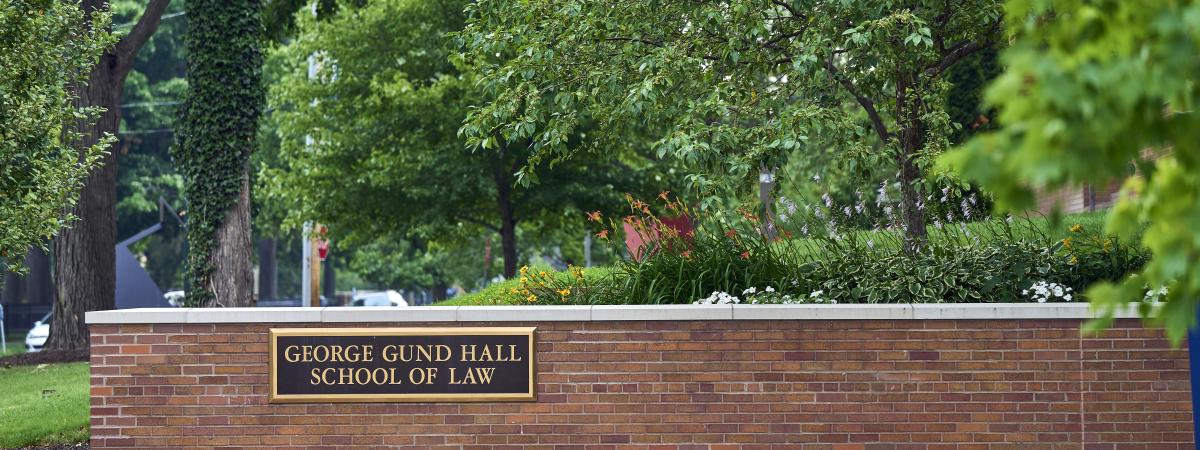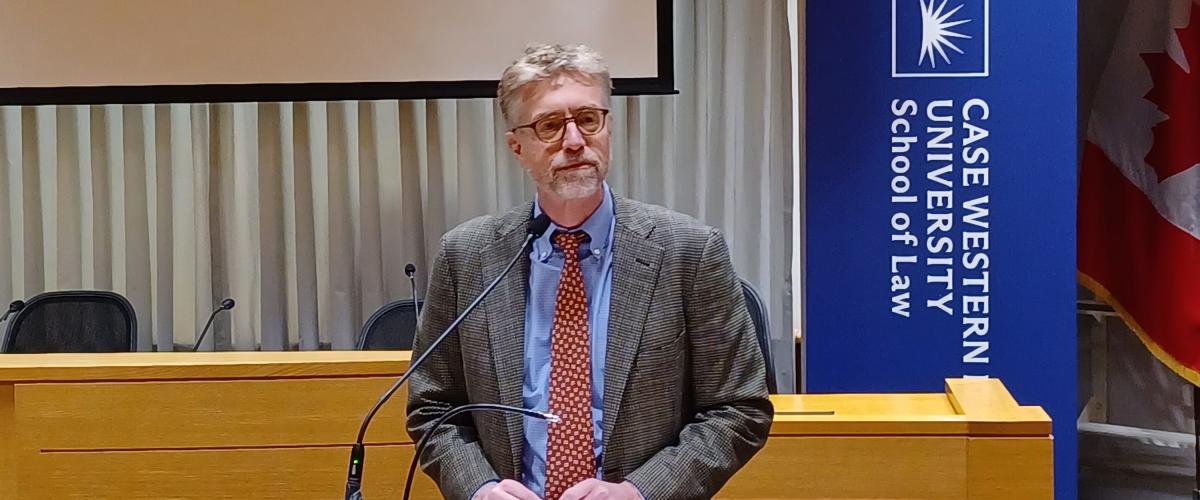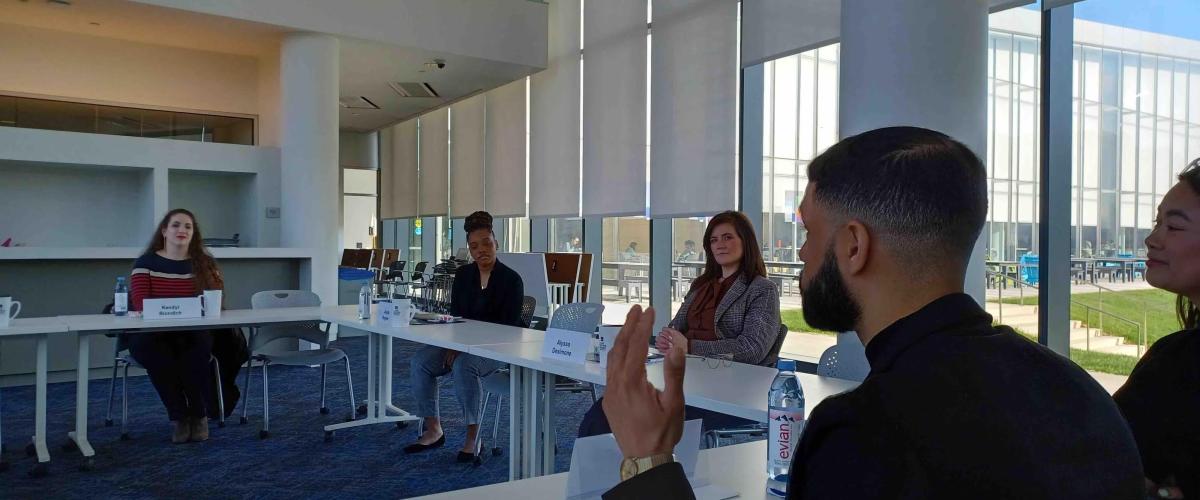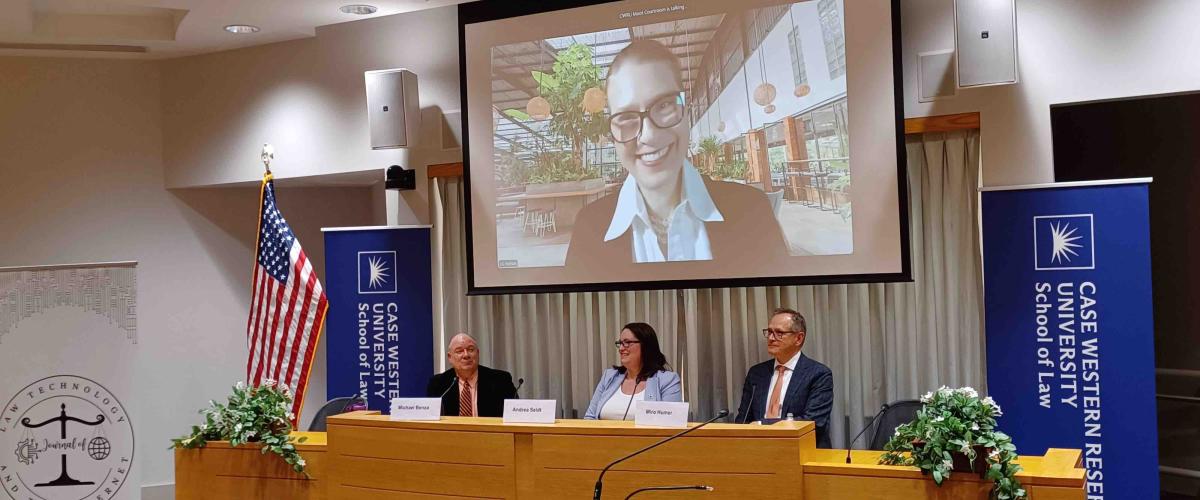This spring, the Center for Business Law hosted the Norman A. Sugarman Tax Lecture. This year’s honoree and lecturer was Michael J. Graetz, who is the Justus S. Hotchkiss Professor Emeritus of Law at Yale Law School and the Columbia Alumni Professor Emeritus of Tax Law at Columbia Law School.
Graetz spoke about his new book, The Power to Destroy: How the Antitax Movement Hijacked America. The book focuses on how the antitax movement took root and impacted politics in the United States. After providing an extensive history of the movement, Graetz explained that this important movement has interfered with reasonable budgeting and fueled inequality. Generally, he asserts that the movement has been a destructive force that has impeded addressing many important social issues and created others.
In discussing the event, Eric C. Chaffee, Associate Director for the Center for Business Law, stated, “The Norman A. Sugarman Tax Lecture honors outstanding individuals who are leaders in the tax field. Graetz unequivocally fits that description.” He continued, “Graetz’s new book is thorough, well-written and addresses an important social phenomenon. Our community was lucky to hear him speak.”
Hosted by the Case Western Reserve University School of Law and the Center for Business Law, the Norman A. Sugarman Tax Lecture is an event that celebrates the life and work of Norman A. Sugarman. Sugarman was born in Cleveland and attended Western Reserve University, where he earned his Bachelor of Arts degree from Adelbert College in 1938 and his J.D. from the School of Law in 1940. He was a member of both Phi Beta Kappa and Order of the Coif. After a distinguished career with the Internal Revenue Service, he joined Baker Hostetler as a partner in 1954. Sugarman passed away in 1986, but his impact on tax law continues, including with this lecture series.
The Center for Business law at Case Western, which is directed by Juliet P. Kostritsky, is an initiative to prepare future leaders to understand business issues facing business entities, engage in research on the role and impact of government in the regulation of business and to foster public debate regarding the role of government in the regulation of businesses. It is part of the robust business law curriculum at the Law School.





